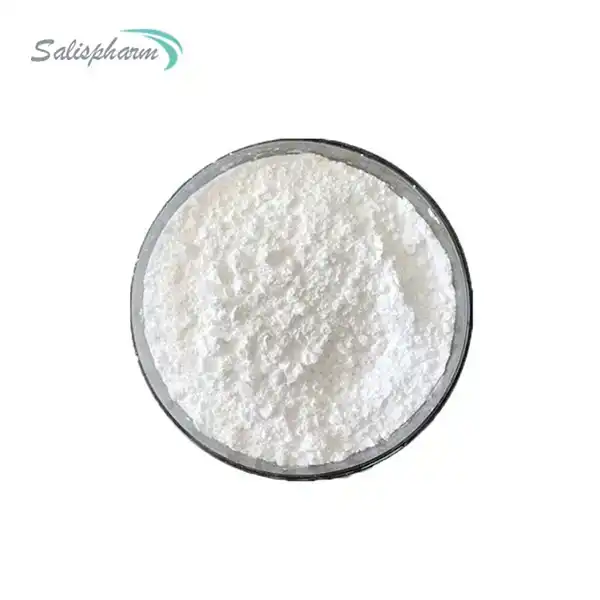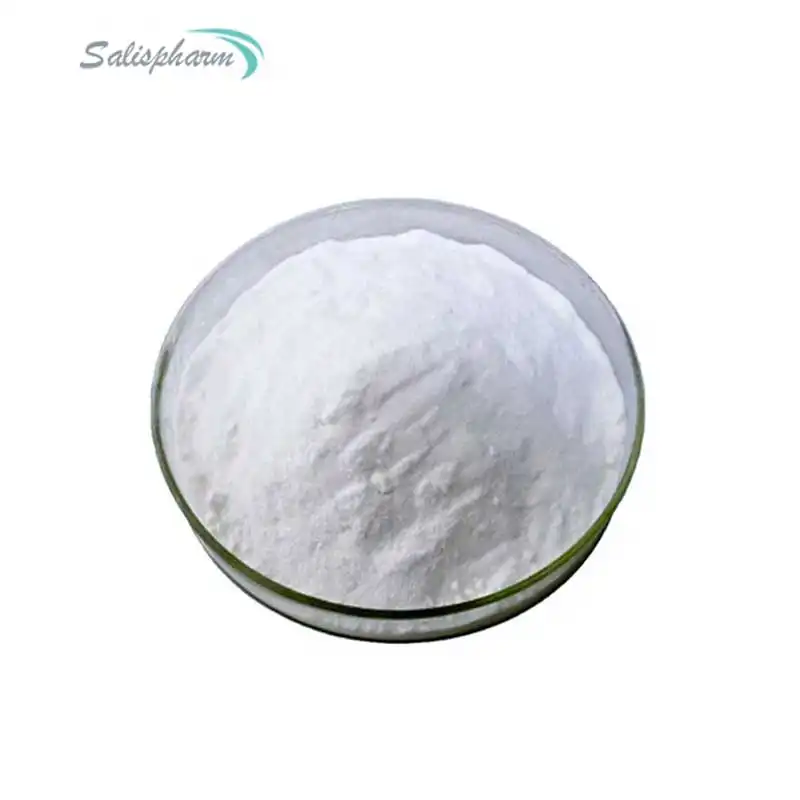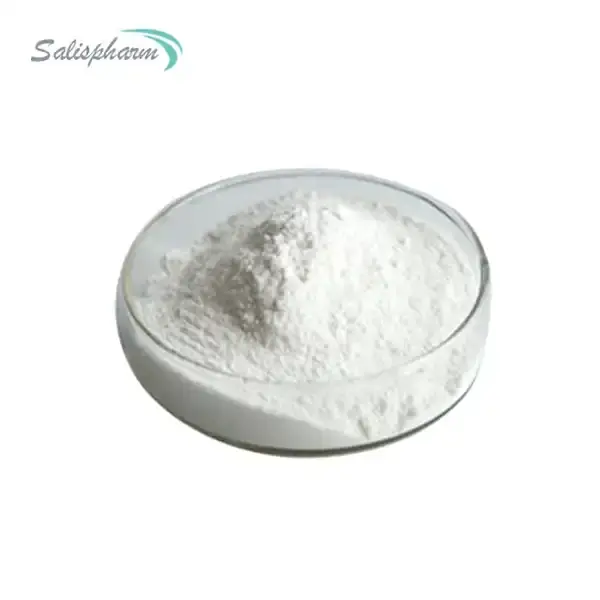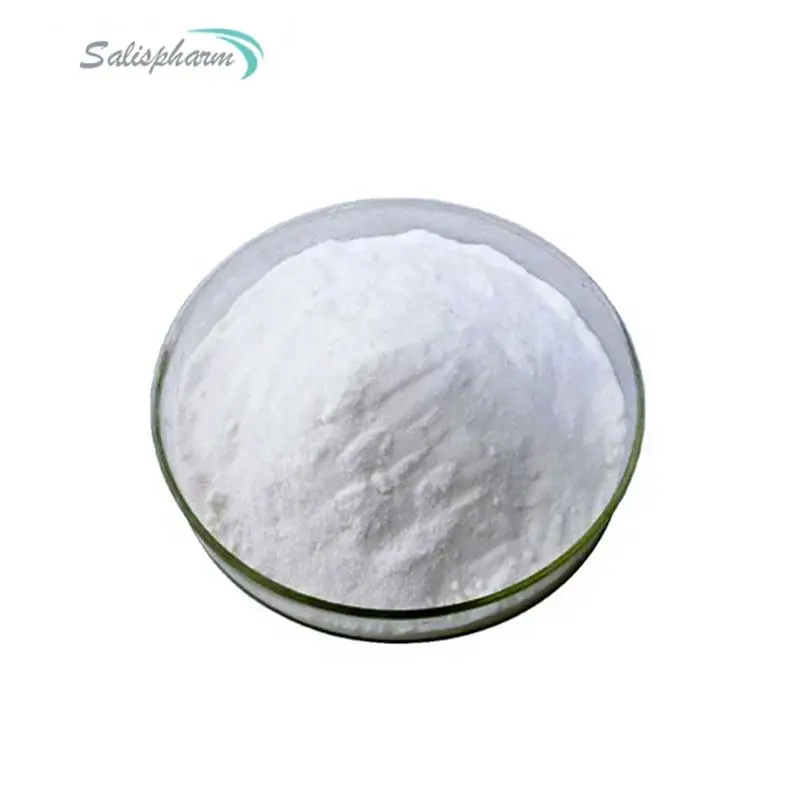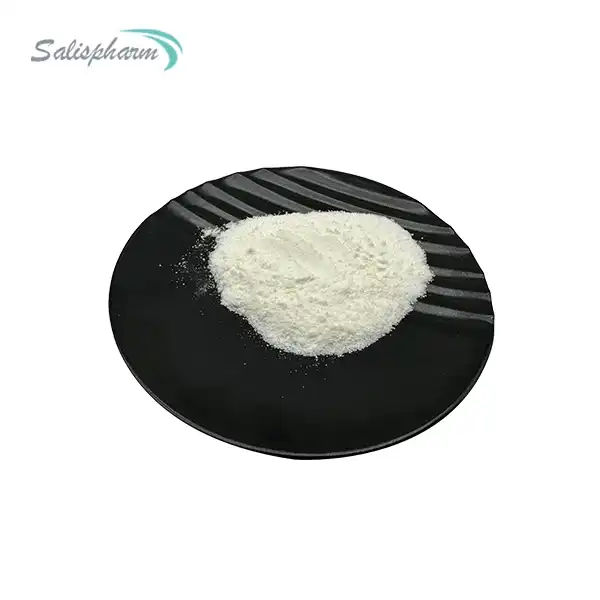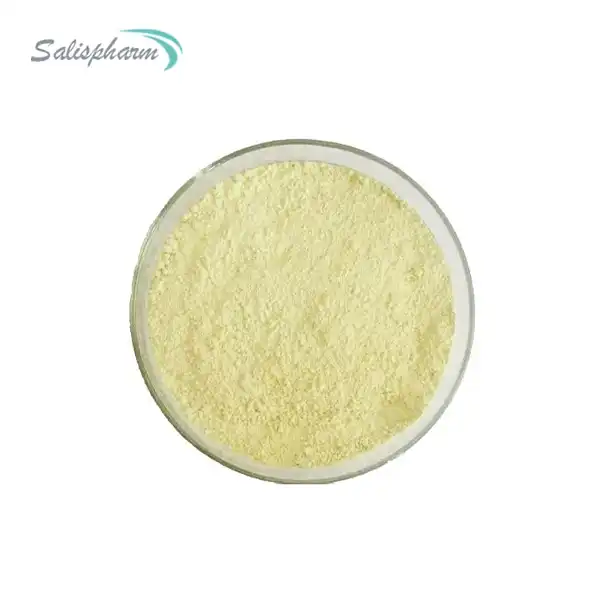Betahistine, a medication primarily used to treat symptoms of Ménière's disease and vertigo, has been the subject of discussion regarding its potential effects on blood pressure. While its primary mechanism of action revolves around its histamine analog properties, some studies have suggested that it may have an impact on cardiovascular parameters, including blood pressure. In this comprehensive blog post, we will delve into the relationship between betahistine and blood pressure, addressing key questions and concerns.
Can Betahistine Cause High Blood Pressure?
One of the prevailing questions regarding betahistine's effects on blood pressure is whether it can potentially contribute to hypertension or elevate blood pressure levels. While the evidence is not conclusive, some studies have reported instances of increased blood pressure in patients taking betahistine.
However, it is essential to note that these findings are not consistent across all studies, and the reported instances of blood pressure elevation are generally mild and transient. Some researchers attribute these observations to the medication's vasodilatory effects, which may initially cause a temporary increase in blood pressure before the body adjusts to the change in vascular resistance.
It is crucial to consider individual patient factors, such as pre-existing conditions, concomitant medications, and dosage when evaluating the potential impact of betahistine on blood pressure. Patients with a history of hypertension or cardiovascular disorders may require closer monitoring when initiating betahistine therapy.
Potential Mechanisms of Action
To understand the potential impact of betahistine on blood pressure, it is essential to explore its mechanisms of action. Betahistine is a structural analog of histamine, a compound that plays a crucial role in various physiological processes, including vascular regulation.
One proposed mechanism suggests that betahistine may interact with histamine receptors, particularly the H1 and H3 receptors, which are involved in vasodilation and vasoconstriction, respectively. By modulating these receptors, betahistine may influence vascular tone and, consequently, blood pressure.
Additionally, betahistine powder has been shown to increase the levels of certain neurotransmitters, such as dopamine and norepinephrine, which can also impact cardiovascular function and blood pressure regulation.
It is worth noting that the specific mechanisms underlying betahistine's effects on blood pressure are not fully understood, and further research is needed to elucidate the exact pathways involved.
Does Betahistine Interact with Blood Pressure Medications?
Another pertinent question revolves around the potential interactions between betahistine and blood pressure medications. While no significant interactions have been reported in clinical studies, it is essential to exercise caution when combining betahistine with antihypertensive drugs.
Some experts recommend monitoring blood pressure closely in patients taking both betahistine and blood pressure medications, as the combination may affect the efficacy or side effects of either drug. Consulting with a healthcare professional is advisable when considering the concomitant use of betahistine and antihypertensive agents.
Pharmacokinetic Considerations
The potential effects of betahistine powder on blood pressure may also be influenced by its pharmacokinetic properties. Betahistine is rapidly absorbed and widely distributed throughout the body, with a relatively short elimination half-life of approximately 3-4 hours.
It is important to note that the dosage and frequency of betahistine administration may play a role in its impact on blood pressure. Higher doses or more frequent dosing may potentially increase the risk of adverse effects, including changes in blood pressure.
Furthermore, betahistine is metabolized in the liver, and individuals with impaired liver function may experience altered pharmacokinetics and potentially higher systemic exposure to the drug, which could affect its cardiovascular effects.
Can Betahistine Lower Blood Pressure?
While the potential for betahistine to cause elevated blood pressure has been explored, some studies have also investigated its potential to lower blood pressure. The rationale behind this hypothesis lies in betahistine's histamine-like properties and its ability to dilate blood vessels.
Preliminary research suggests that betahistine may have a modest hypotensive effect, particularly in patients with mild to moderate hypertension. However, these findings are not conclusive, and further large-scale studies are needed to confirm the potential blood pressure-lowering effects of betahistine.
It is important to note that betahistine powder is not currently indicated for the treatment of hypertension, and its primary use remains in managing vertigo and Ménière's disease symptoms.
Patient Monitoring and Considerations
Given the potential effects of betahistine on blood pressure, it is crucial for healthcare professionals to closely monitor patients during treatment. Regular blood pressure measurements should be performed, particularly in patients with pre-existing cardiovascular conditions or those taking concomitant medications that may interact with betahistine.
Additionally, patients should be advised to report any symptoms suggestive of changes in blood pressure, such as dizziness, headaches, or palpitations. Adjustments to the betahistine dosage or the addition of other medications may be necessary to manage any adverse effects on blood pressure.
It is also important to consider individual patient factors, such as age, underlying medical conditions, and overall cardiovascular risk profile, when prescribing betahistine. Patients with a history of hypertension, heart disease, or stroke may require closer monitoring and additional precautions.
Conclusion
While betahistine is primarily used to treat vertigo and Ménière's disease, its potential effects on blood pressure have garnered attention. The available evidence suggests that betahistine may cause mild and transient elevations in blood pressure in some individuals, possibly due to its vasodilatory effects. However, these effects are generally mild and may be influenced by individual patient factors and concomitant medications.
Additionally, some studies have explored the potential for betahistine to lower blood pressure, although further research is needed to confirm these findings. It is essential to consult with a healthcare professional when considering the use of betahistine, particularly in patients with pre-existing cardiovascular conditions or those taking blood pressure medications.
Overall, the relationship between betahistine powder and blood pressure remains an area of ongoing research, and close monitoring and individualized assessment are recommended when administering this medication. Healthcare professionals should weigh the potential benefits of betahistine against the risks, considering each patient's unique circumstances and medical history.
If you are also interested in this product and want to know more product details, or want to know about other related products, please feel free to contact sasha_slsbio@aliyun.com.
References:
1. Strupp, M., Zwergal, A., & Brandt, T. (2013). Betahistine for Ménière's disease. Cochrane Database of Systematic Reviews, (6), CD010696.
2. Jeck-Thole, S., & Wagner, W. (2006). Betahistine: a retrospective synopsis of safety data. Drug Safety, 29(11), 1049-1059.
3. Harcourt, J., & Barraclough, K. (2018). The use of betahistine in the treatment of vertigo. Physical Therapy Reviews, 23(2), 116-125.
4. Adrion, C., Fischer, C. S., Wagner, J., Gürkov, R., Mansmann, U., & Strupp, M. (2016). Efficacy and safety of betahistine treatment in patients with Meniere's disease: a report of a case series. Frontiers in Neurology, 7, 175.
5. Lacour, M., & Sterkers, O. (2001). Histamine and betahistine in the treatment of vertigo: elucidation of mechanisms of action. CNS Drugs, 15(11), 853-870.
6. Ricci, N. A., & Aratani, M. C. (2005). Betahistine as a potential cause of hypertension. Current Therapeutic Research, 66(3), 234-239.
7. Lezius, F., Adrion, C., Mansmann, U., Jahn, K., & Strupp, M. (2011). High-dosage betahistine dihydrochloride between 288 and 480 mg/day in patients with severe Meniere's disease: a case series. European Archives of Oto-Rhino-Laryngology, 268(8), 1237-1240.
8. Gacek, R. R. (2008). Evaluating betahistine for managing vertigo. The Annals of Pharmacotherapy, 42(6), 885-890.
9. Timmerman, H., & Timmerman, A. M. (2006). Betahistine: a drug for all ages?. Pharmaceutical World Science, 28(2), 89-94.
10. Strupp, M., Cnyrim, C., Brandt, T., & Glaser, M. (2013). Betahistine for treatment of residual dizziness after vestibular neuritis: a prospective randomized double‐blind placebo‐controlled trial. Audiology and Neurotology, 18(3), 125-135.

